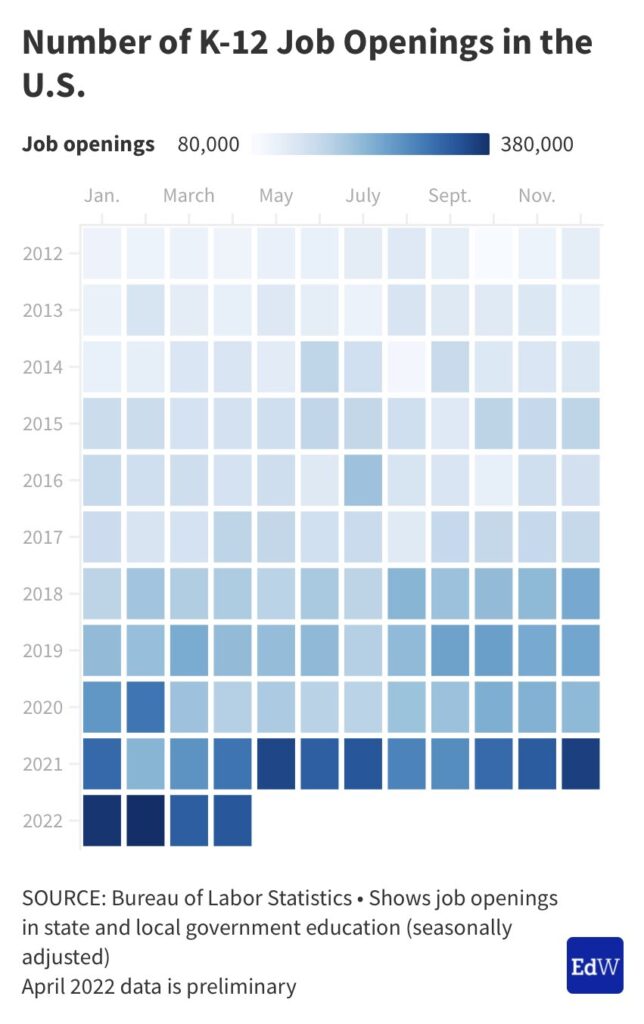CES 2024: Unveiling The Future Of Legal Through Consumer Innovations — from abovethelaw.com by Stephen Embry
The ripple effects on the legal industry are real.
The Emerging Role of Smart TVs
Boothe and Comiskey claim that our TVs will become even smarter and better connected to the web and the internet. Our TVs will become an intelligent center for a variety of applications powered through our smartphone. TVs will be able to direct things like appliances and security cameras. Perhaps even more importantly, our TVs can become e-commerce centers, allowing us to speak with them and conduct business.
…
This increased TV capability means that the TV could become a more dominant mode of working and computing for lawyers. As TVs become more integrated with the internet and capable of functioning as communication hubs, they could potentially replace traditional computing devices in legal settings. With features like voice control and pattern recognition, TVs could serve as efficient tools for such things as document preparation and client meetings.
From DSC:
Now imagine the power of voice-enabled chatbots and the like. We could be videoconferencing (or holograming) with clients, and be able to access information at the same time. Language translation — like that in the Timekettle product — will be built in.
I also wonder how this type of functionality will play out in lifelong learning from our living rooms.
Also, some other legaltech-related items:
Are Tomorrow’s Lawyers Prepared for Legal’s Tech Future? 4 Recent Trends Shaping Legal Education | Legaltech News — from law.com (behind paywall)
Legal Tech Predictions for 2024: Embracing a New Era of Innovation — from jdsupra.com
As we step into 2024, the legal industry continues to be reshaped by technological advancements. This year promises to bring new developments that could revolutionize how legal professionals work and interact with clients. Here are key predictions for legal tech in 2024:
Miss the Legaltech Week 2023 Year-in-Review Show? Here’s the Recording — from lawnext.com by Bob Ambrogi
Last Friday was Legaltech Week’s year-end show, in which our panel of journalists and bloggers picked the year’s top stories in legal tech and innovation.
So what were the top stories? Well, if you missed it, no worries. Here’s the video:









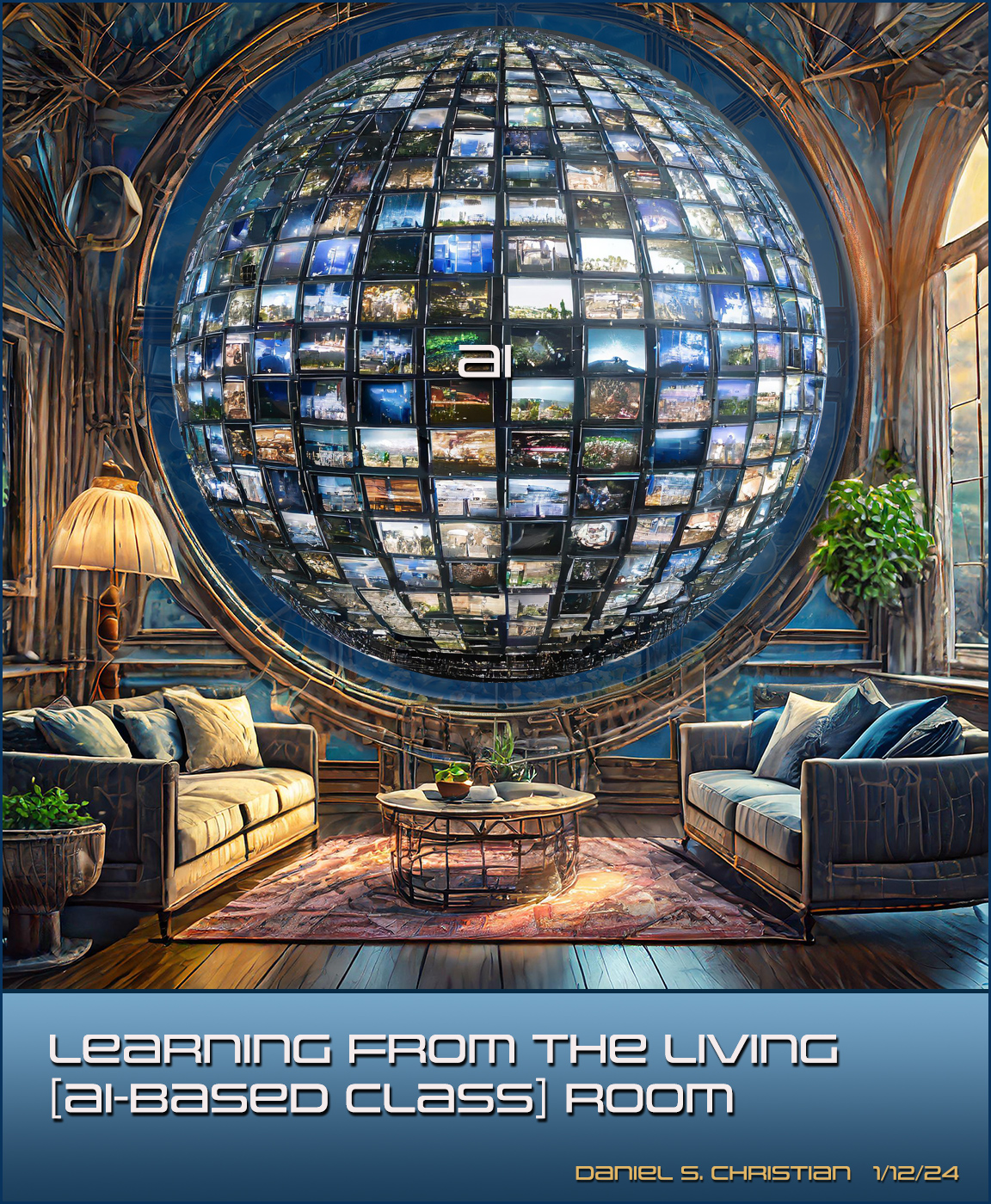

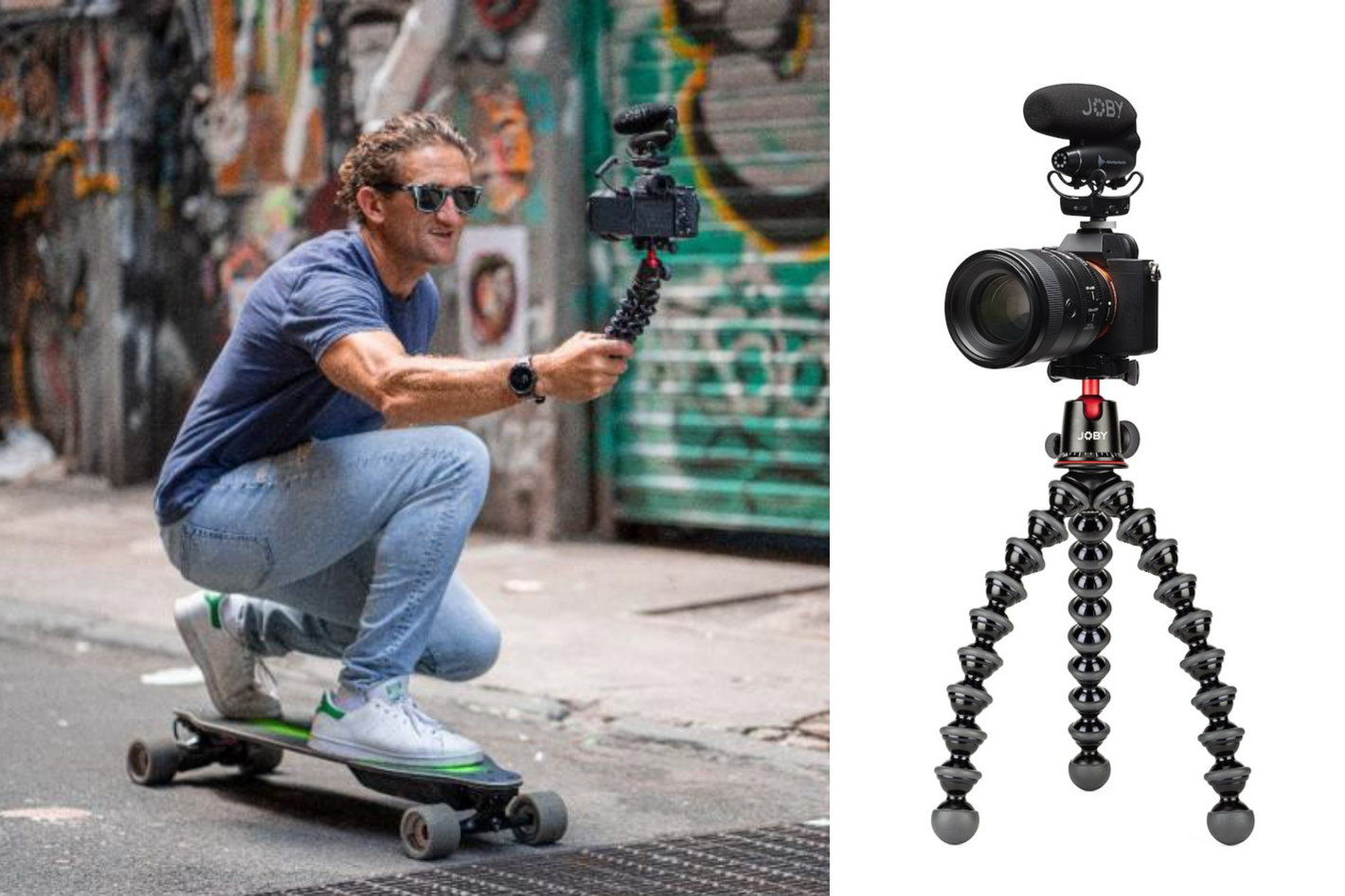
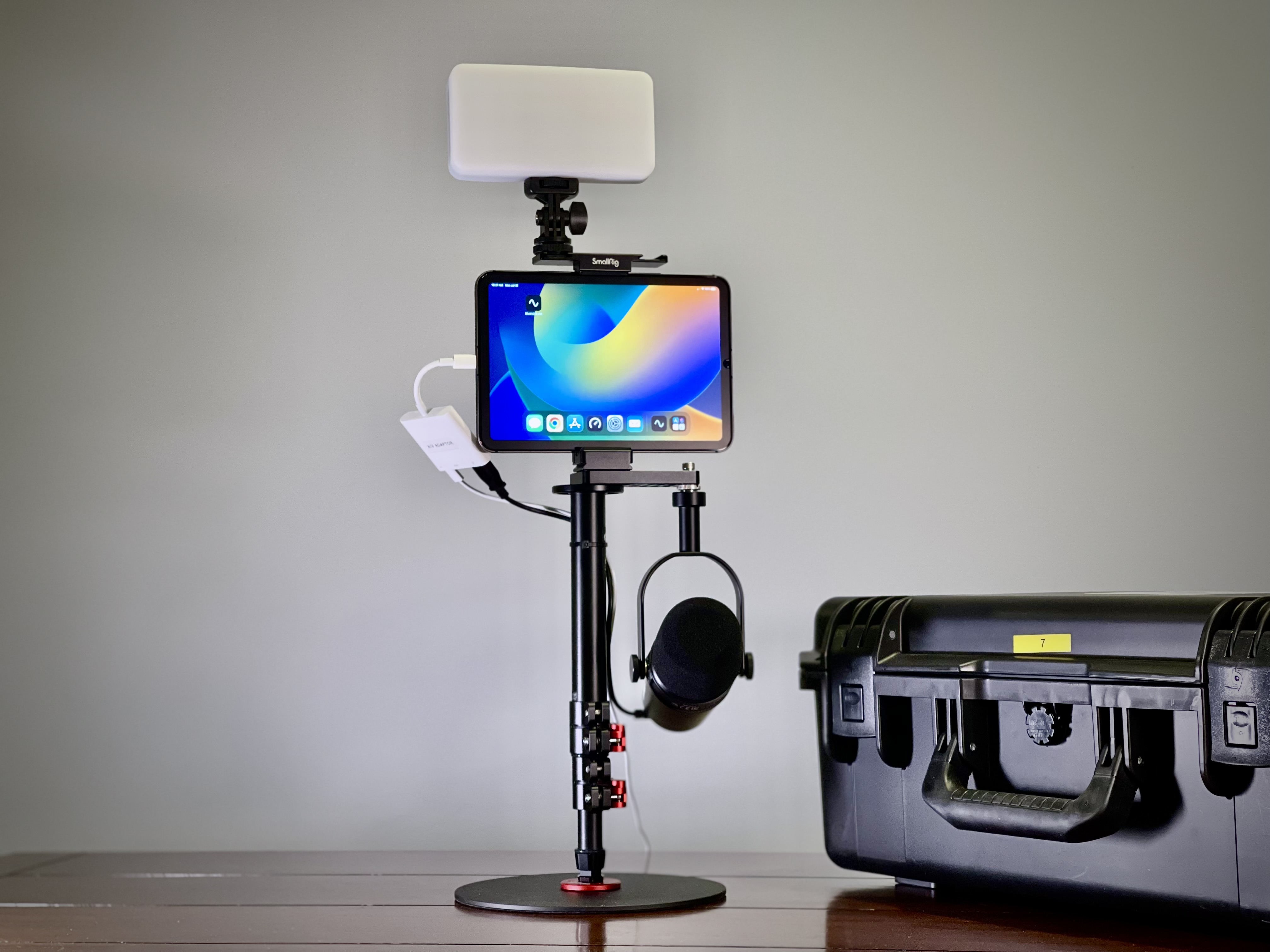
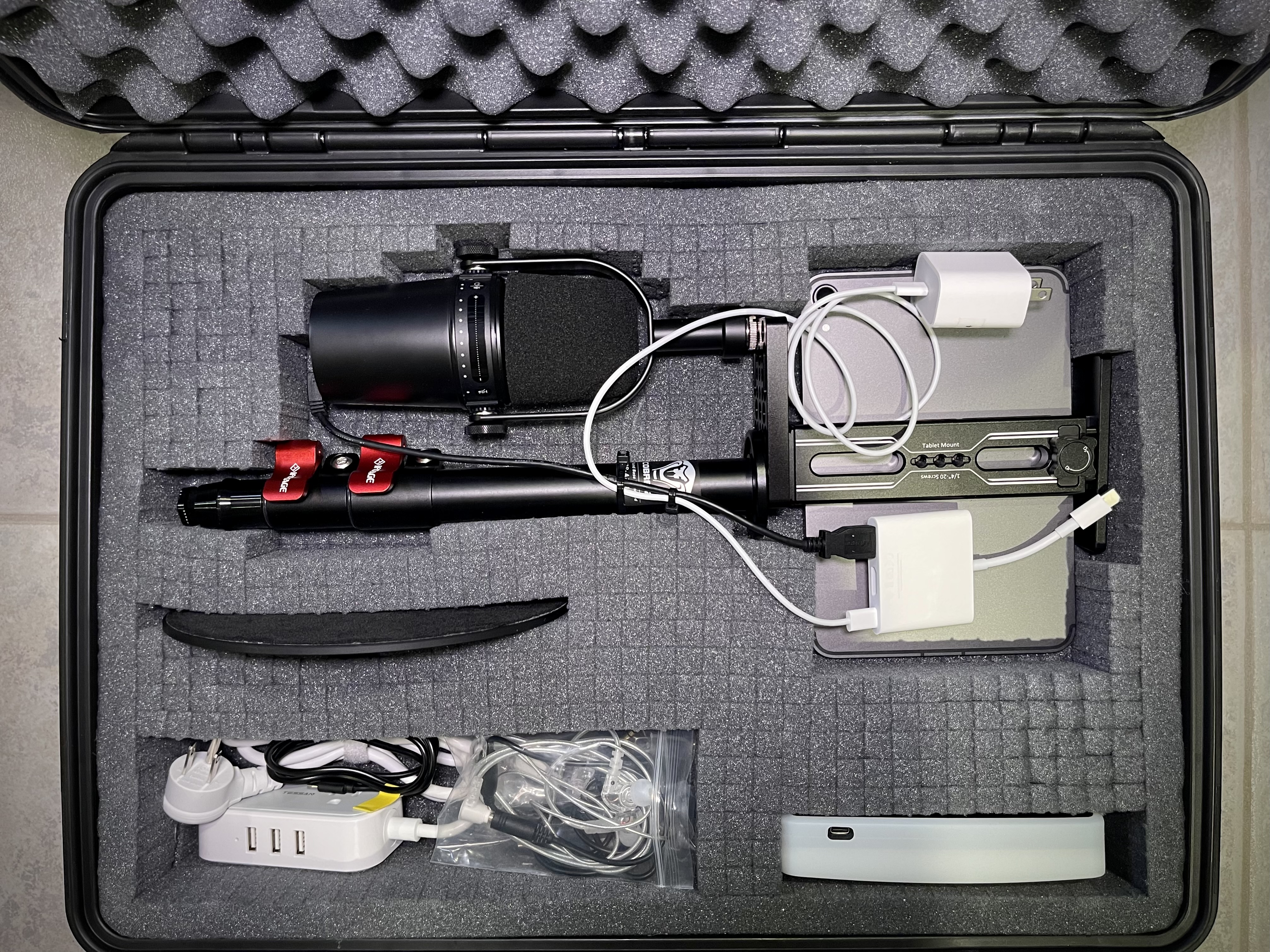

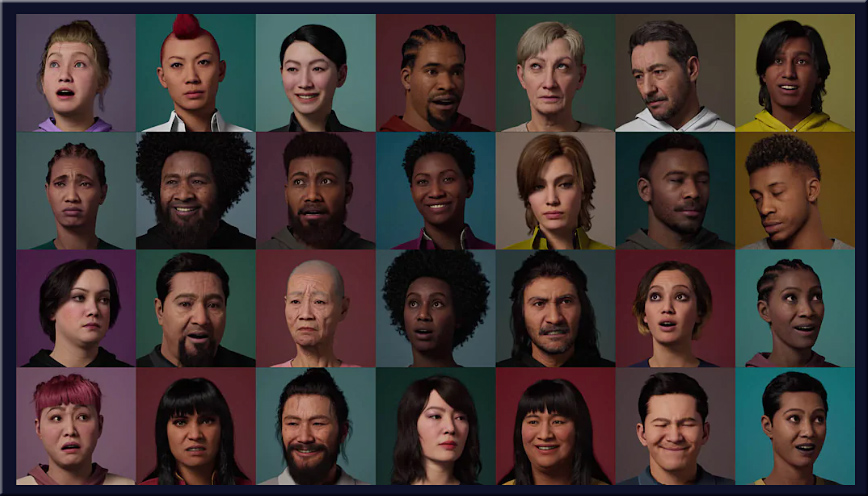
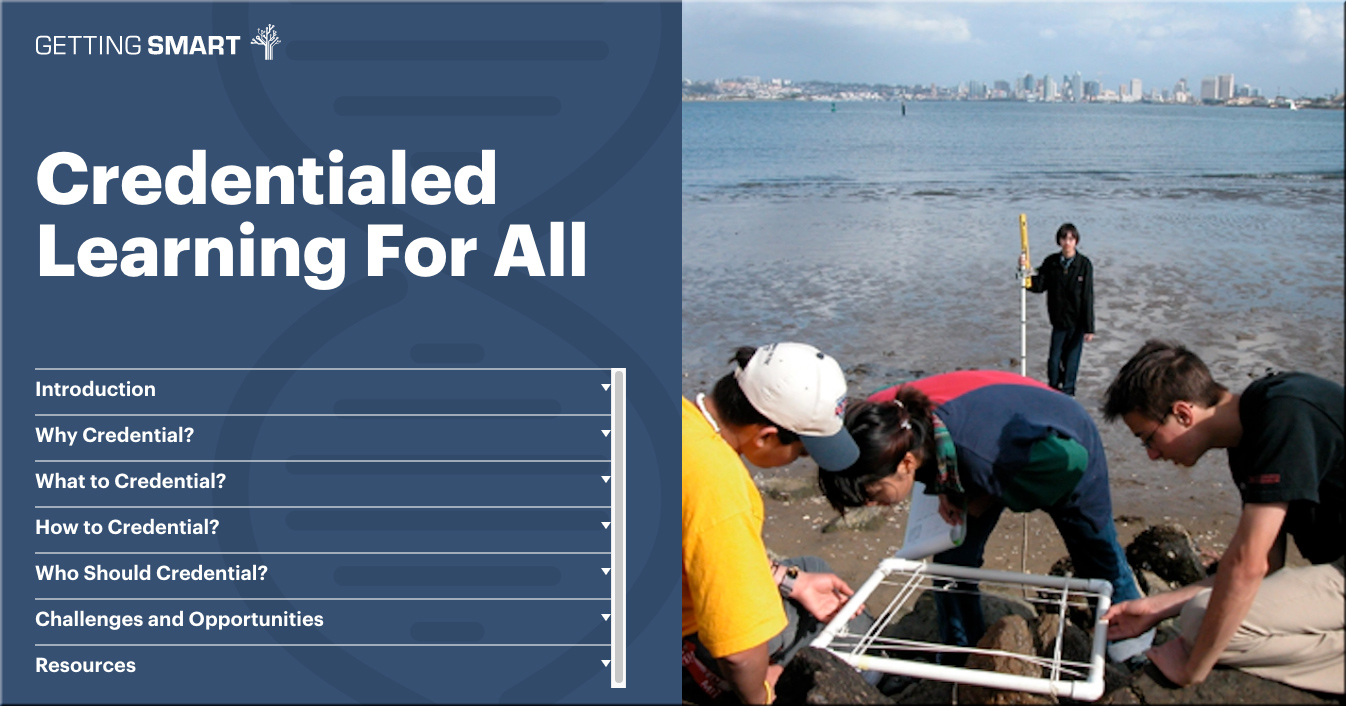
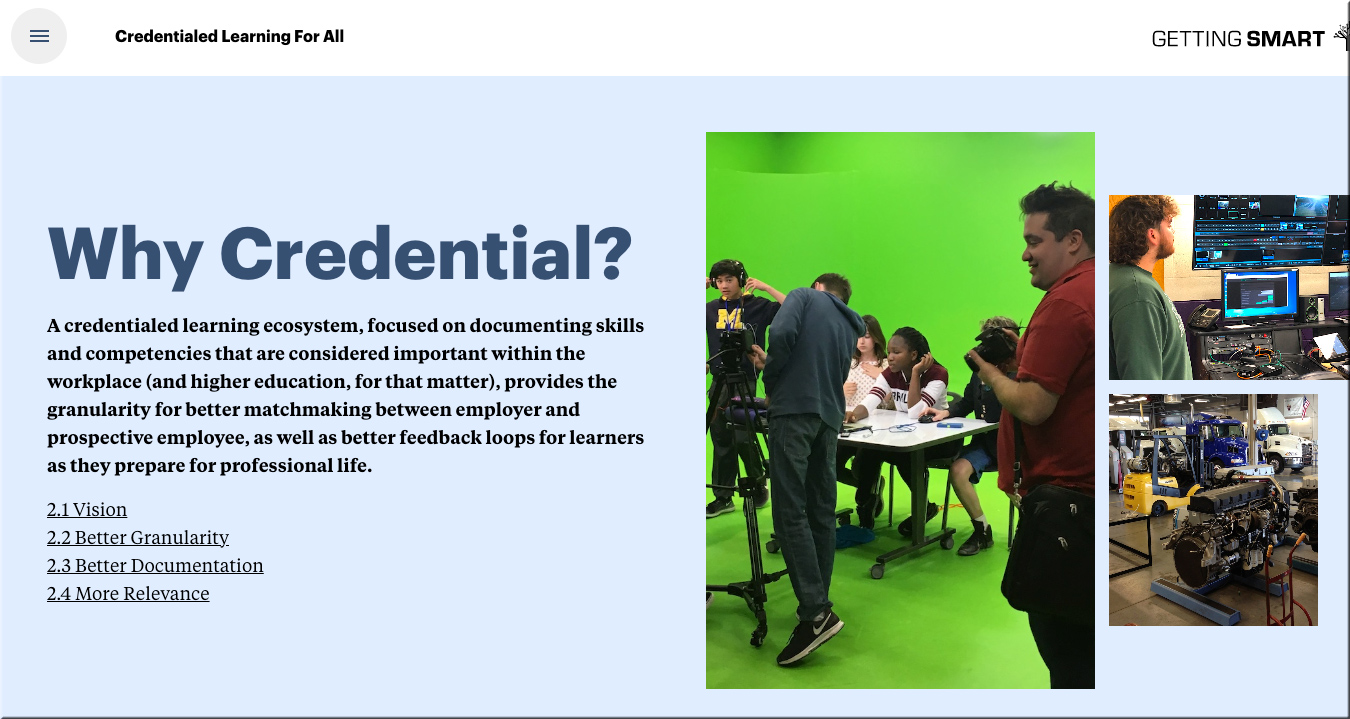
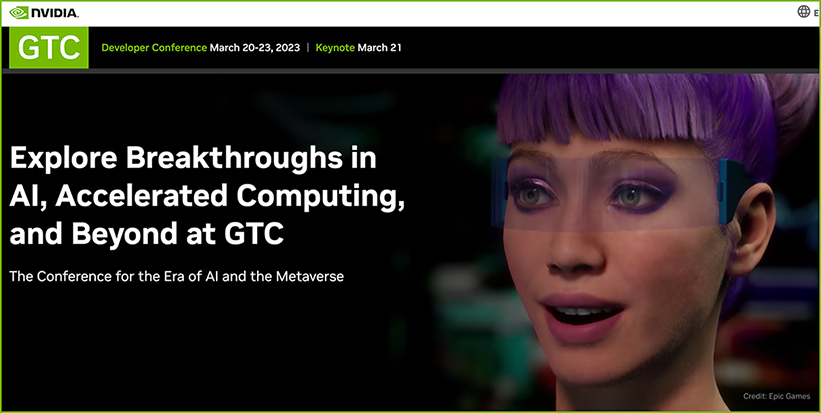

![The Living [Class] Room -- by Daniel Christian -- July 2012 -- a second device used in conjunction with a Smart/Connected TV](http://danielschristian.com/learning-ecosystems/wp-content/uploads/2012/07/The-Living-Class-Room-Daniel-S-Christian-July-2012.jpg)
